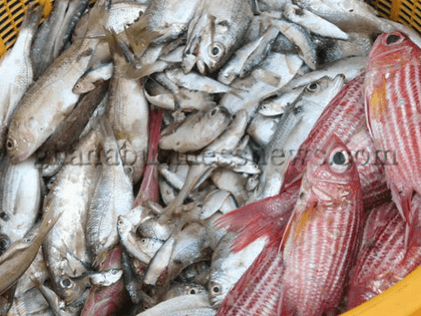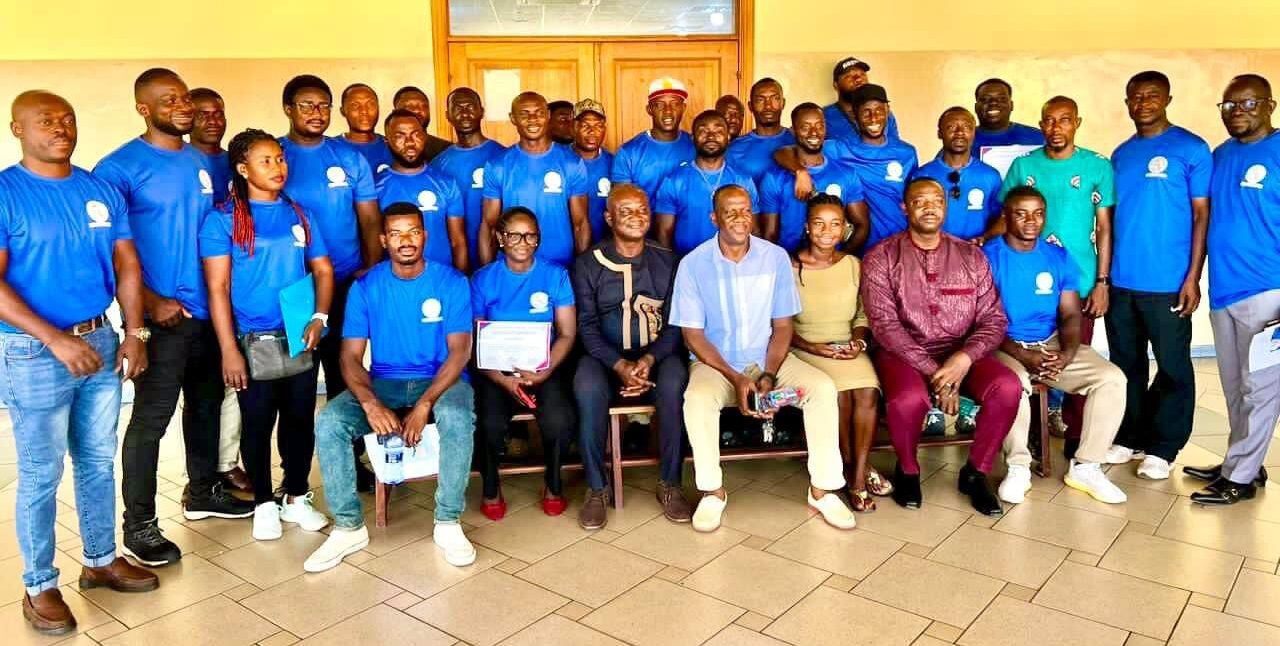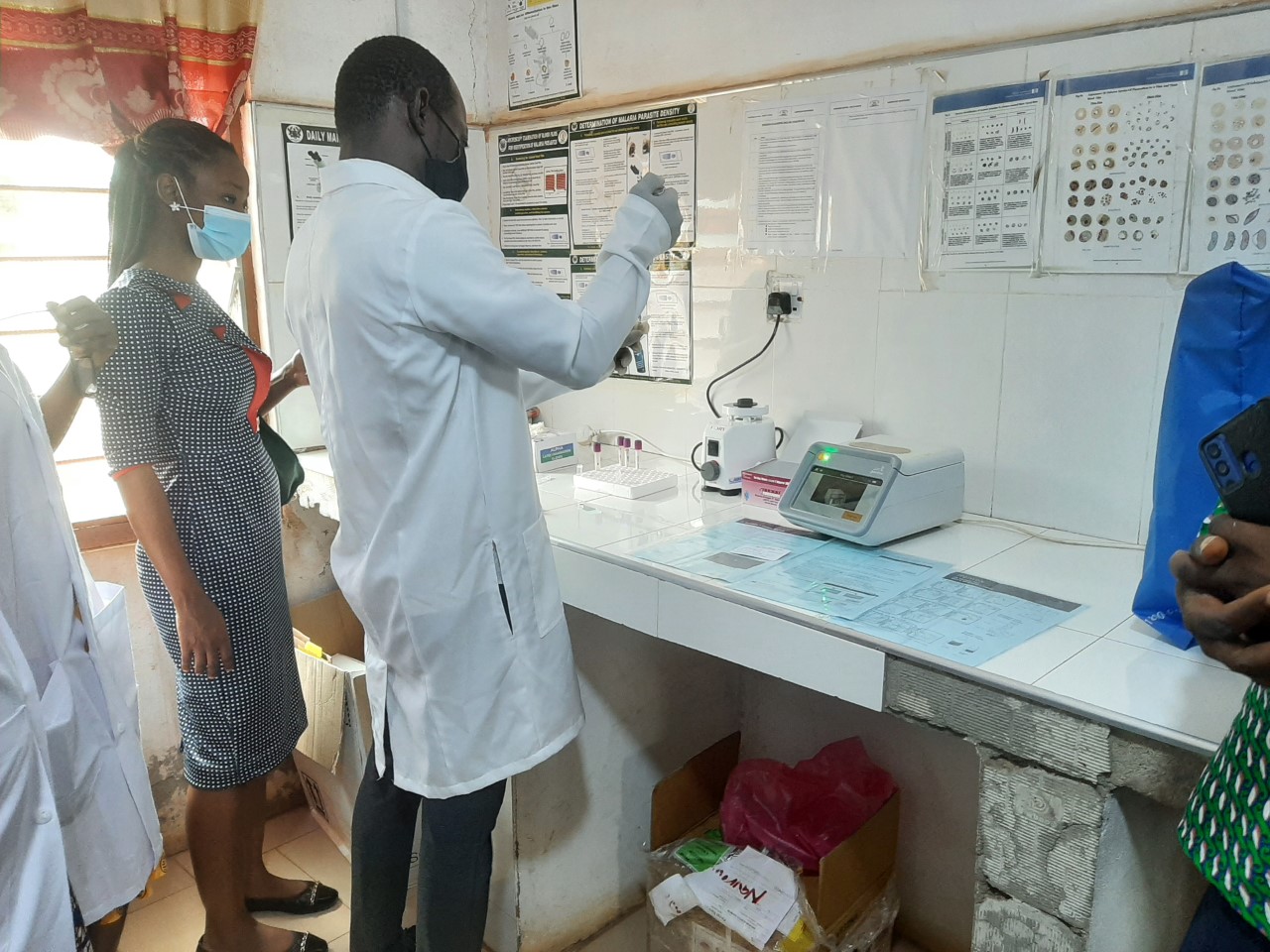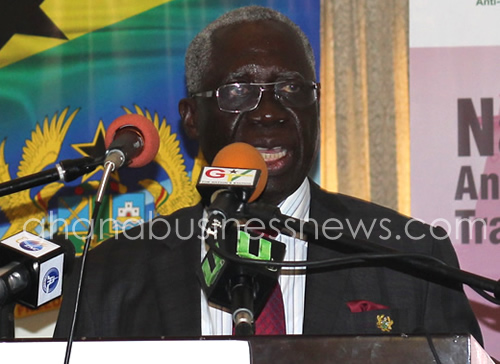
Fisheries Commission, the Ghana Standards Authority, and the Environmental Health and Sanitation Department of the Local Government Service have created a framework for safe fish certification and licensing scheme to regulate and ensure hygienic fish processing in the country.
Under this scheme, fish consumers will operate under a code of conduct to meet health and hygiene standards that reduces contaminants. The U.S. Agency for International Development (USAID) and partners in 2023 announced the safe fish certification and licensing scheme under the theme, “safe fish, better health.”

“…we have also been able to train 3,500 women fish processors and traders from coastal communities on hygienic fish handling and processing, financial literacy, and entrepreneurship. We’ve inspected 300 facilities and granted 191 Safe Fish Certificates.” – Acting Deputy Mission Director, USAID/Ghana, Andrew Read revealed.

He conceded that certification alone will not solve the challenges ahead but “collectively, we must invest in capacity building and training programs to empower local fishermen and processors with the knowledge and skills to comply with these safety standards effectively.”
Chief Director at the Ministry of Food and Agriculture (MoFAD), Marian Kpakpa, representing the sector minister, Hawa Koomson, emphasized the crucial role of the fisheries sector in Ghana’s economy. She noted that in 2023, the sector contributed a substantial improvement to the national economy.
“It provides jobs, income, nutrition and food security and also supports over 3 million people along the value chain. In 2023, for example, fish exports and 425 million U.S. dollars and contributed about 8.4 billion cedis to Ghana’s GDP, underscoring the immense value that fisheries bring to the country.” Ms. Kpakpa noted while delivering the keynote address.

The National Safe Fish Certification and Licensing Scheme Symposium brought together key stakeholders, including policymakers to discuss and address the critical issues surrounding fish safety and sustainability in the country. Fish processors who operate outside of the national safe fish certification and licensing scheme will be processed for court.
Ashanti Regional Director of Environmental Health under the local government, John Yaw Donkor maintained that “In Ghana, we are clothed with all the laws. We are not hungry when it comes to laws. We have the primary or the parent law, the public health act 851, 2012. When you read section 51, 52, 53. The Food and Drug Authority also has a law to deal with unwholesome food in general. And then when you also read the Criminal Offenses Act, 29, 1961, section 286, it’s talking about unwholesome food.”
Developed from the Pilot Class 1 Recognition Scheme in 2019, the scheme provides training on hygienic fish handling and good processing practices. It strengthens the capabilities of fish processors, enabling them to access higher value markets to meet health and hygiene standards. It is reducing the contaminants, mitigating health risk, and bolstering the competitiveness of Ghana’s fishery sector in local and international markets.
The post National Safe Fish Certification & Licensing Scheme introduced to regulate fish processing first appeared on 3News.
Read Full Story














Facebook
Twitter
Pinterest
Instagram
Google+
YouTube
LinkedIn
RSS